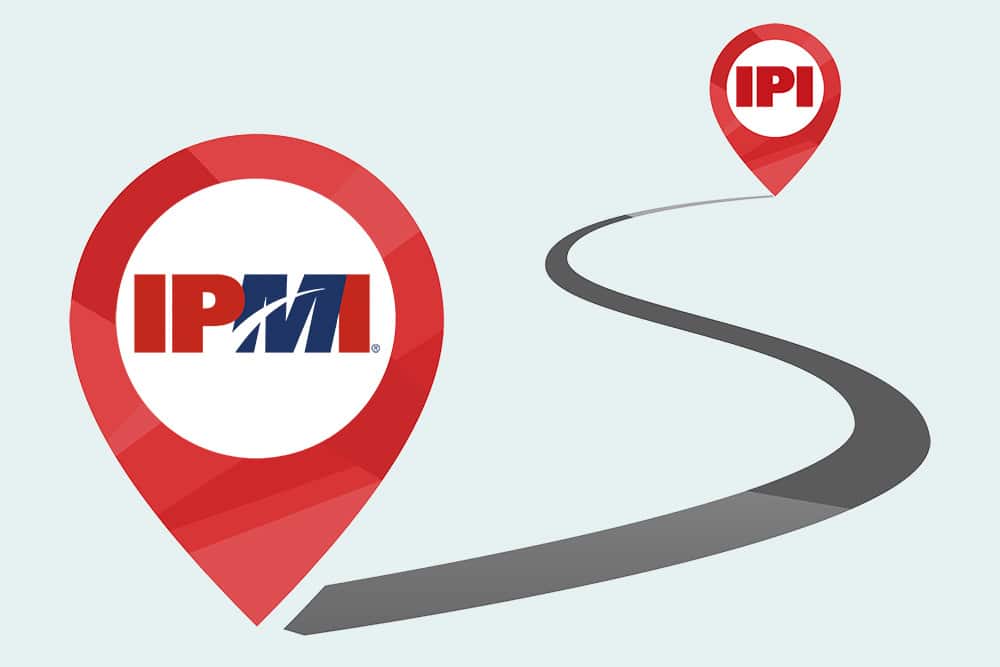Home » Board Perspective » What’s Next?
Board Perspective
What’s Next?


stock.adobe.com / juliars; AI Generated by Adobe Firefly
Don’t Worry, We’ve Likely Already Been There
Change is challenging and can often be frustrating—and change is going to happen. Strangely, what feels new is probably just another version of history repeating itself. A little over 100 years ago, the world was getting over a worldwide pandemic—the Great Influenza pandemic of 1918-1920—and a hundred years later, we too are getting past a pandemic.
About the same time, in the 1920’s, the automobile was experiencing a growth of acceptance by the public and purchasing on an installment plan became more common with about 75% of sales being handled on credit. Today, we are experiencing a new automobile revolution: the autonomous vehicle, or AV.
The market hasn’t taken off yet, but some manufacturers are already planning to sell to the public. Other manufacturers want to be the major player in the transportation world. The current market is mostly limited to the venture capital world or large corporations. Tesla has the functionality as it expands in the general marketplace. Commercial trucks with autonomous driving capabilities are already on the roads, soon to be without a safety driver behind the wheel.
On November 8, 2023, King Charles III of England announced support for a legal framework for commercial development in emerging industries, such as self-driving vehicles. In the United States, there have been pockets of test environments, including where I work in San Francisco. Society and the legal frameworks are not keeping up with the latest innovations. In 1919, the first driver’s license was issued in Michigan. In 1920, Rhode Island required a license and the taking of an exam. AVs do not have a driver by the nature of their design. When a vehicle does not drive properly, who gets the ticket? About 100 years after the first driver’s license, we are pondering this question again for AVs.
Perspective is ever-changing. IPMI is a valuable resource for the parking and mobility industry—providing leadership for an industry as varied as parking and mobility is not easy. The opportunity to work with industry leaders to resolve issues, influence change, and expand the industry is why I am committed to this organization. I am grateful for the trust to serve this community. ◆
Shawn McCormick is Director, Parking Enforcement and Traffic, Streets Division for the San Francisco Municipal Transportation Agency and a member of the IPMI Board of Directors.
-
This author does not have any more posts.









